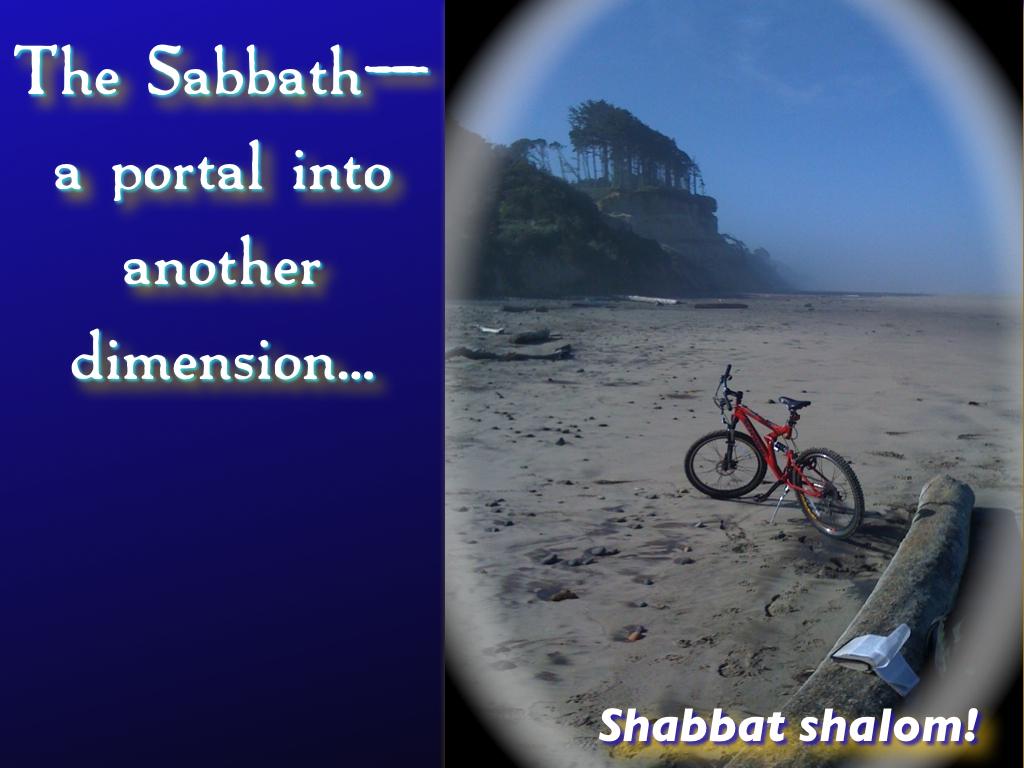
Shalom Brothers and Sisters,
Please find all the information you need to join us this Shabbat to honor our Creator. Check out the Torah portion for this week. https://hoshanarabbah.org/pdfs/read-bible-in-a-year_2018-19.pdf Bring questions to the table in exchange for scriptural answers in an effort to “study to show ourselves approved unto Elohim”, rightly dividing the word of truth. Share with your friends and make sure to have the Zoom app downloaded to your device and signed into an account. It is free!
Donna Nash and Natan Lawrence are inviting you to a scheduled Zoom meeting.
Zoom ShabbatTime: Jan 22, 2022 02:30 PM Eastern Time (US and Canada)
Join Zoom Meetinghttps://us02web.zoom.us/j/86959074515
Meeting ID: 869 5907 4515One tap mobile+13126266799,,86959074515# US (Chicago)+19292056099,,86959074515# US (New York)
Dial by your location +1 312 626 6799 US (Chicago) +1 929 205 6099 US (New York) +1 301 715 8592 US (Washington DC) +1 346 248 7799 US (Houston) +1 669 900 6833 US (San Jose) +1 253 215 8782 US (Tacoma)Meeting ID: 869 5907 4515Find your local number: https://us02web.zoom.us/u/kebirLvHHH
Invite Link https://us02web.zoom.us/j/86959074515
If you want to be notified ahead of time of upcoming meetings, please email Donna Nash at DonnaNash61@Yahoo.com
To “Unsubscribe” from this email listing, kindly send me your request to donnanash61@yahoo.com
Love in Yeshua’s service,
Donna NashOpen Door Missions International
(910)713-5554http://www.opendoormissionsinternational.org

